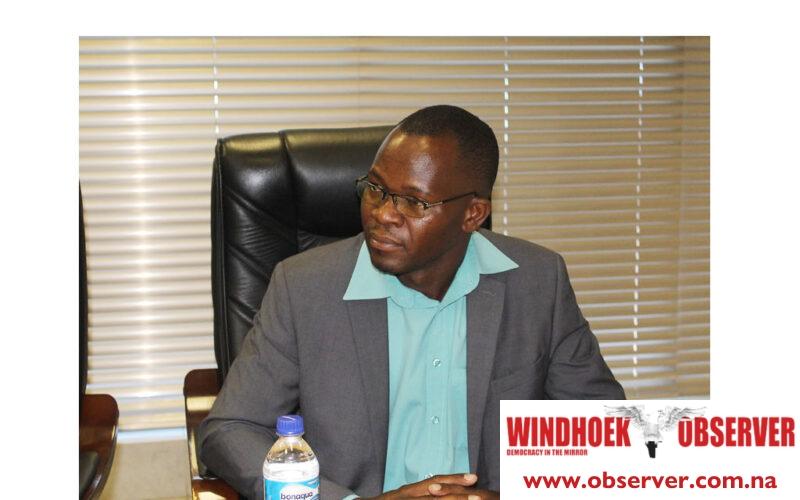Niël Terblanché
In an effort to enhance agriculture in Namibia, a delegation of 31 agricultural extension staff and management from Namibia’s Ministry of Agriculture, Water and Land Reform (MAWLR) embarked on a fruitful study excursion to Malawi.
The mission, which took place from January 27 to February 4, 2024, was spearheaded by the Food and Agriculture Organization of the United Nations (FAO) country offices in Namibia and Malawi.
This initiative marks an essential step in the ongoing project “Emergency response to mitigate multiple shocks and enhance resilient livelihoods in Namibia,” funded by the Government of Japan.The delegation, comprising Chief Agricultural Scientific Officers, trained Agricultural Technicians and selected Heads of Directorates, sought to draw on Malawi’s best agricultural practices.
The focus was on equipping MAWLR staff with crucial skills to empower Namibian farmers through improved extension service delivery and innovative farming methods. This mission aligns with the broader objective of fostering resilience and innovation in agriculture, supported by the collaboration between FAO and MAWLR.
Gift Kamupingene, FAO National Project Coordinator, highlighted the significance of this collaborative effort, emphasizing its role in building capacity for sustainable agriculture in Namibia. The knowledge exchange with Malawian counterparts and farming communities covered key areas, including Farmer Field Schools (FFS), Conservation Agriculture (CA), and the practical application of digital platforms in agricultural extension services.
In Malawi, the delegation engaged in hands-on activities, visiting FFS sites and participating in discussions with local extension staff to explore challenges and innovative solutions in service delivery.
The mission also provided insights into non-conventional approaches, such as the use of mobile-based applications and early warning models, which are crucial in today’s digital age.
Ben Haraseb, Director of DAPEES at MAWLR, expressed his enthusiasm about the learnings from the excursion, noting it as an eye-opener that will significantly contribute to improving agricultural practices in Namibia.
The knowledge gained, especially on Farmer Field Schools and conservation agriculture, is expected to enhance services to farmers and bolster agricultural development centres across the country.
Fabian Booys, an MAWLR Agricultural Technician from the Hardap region, also reflected on the value of the study excursion, pointing out the potential impact of implementing FFS and CA practices learned in Malawi on addressing challenges faced by small-scale farmers in Namibia.
The selection of Malawi for this mission was strategic, considering its role in the FAO/NASA project on satellite-based crop yield estimation, a project that Namibia is also a part of.
This facilitated a rich exchange of ideas and deepened the understanding of mobile-based applications in agriculture. Following the mission, the insights and best practices gathered in Malawi are set to inspire the implementation of innovative agricultural methods in Namibia. This includes the roll-out of Farmer Field Schools and the adoption of conservation agriculture techniques, aimed at enhancing productivity and resilience among Namibian farmers.
The initiative not only highlights the importance of international collaboration in agricultural development but also sets a precedent for future capacity-building missions.




